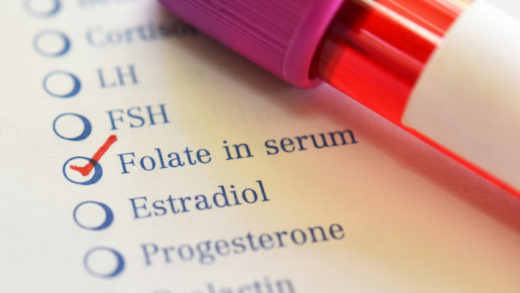Irritable Bowel Syndrome (IBS) is a common gastrointestinal disorder that affects the large intestine. It is estimated that about 10-15% of the world’s population suffers from IBS. This disorder can cause discomfort, pain, and changes in bowel movements. IBS is a chronic condition that can significantly impact an individual’s quality of life. This article will provide a comprehensive understanding of IBS, including its causes, symptoms, and treatment options.
Causes of Irritable Bowel Syndrome (IBS):
The exact cause of IBS is unknown. However, several factors can contribute to its development, including:
- Abnormal gastrointestinal (GI) motility – IBS can occur due to the abnormal contractions of the muscles in the intestines, which can cause pain, cramping, and changes in bowel movements.
- Intestinal inflammation – Some studies have suggested that inflammation in the gut can lead to IBS symptoms.
- Food sensitivities – Certain foods can trigger IBS symptoms, such as dairy products, caffeine, and spicy foods.
- Psychological factors – Stress and anxiety can also contribute to IBS symptoms.

Symptoms of Irritable Bowel Syndrome (IBS):
The symptoms of IBS can vary from person to person, and they can be different in severity. Some common symptoms include:
- Abdominal pain and cramping – IBS can cause mild to severe pain in the abdomen, which can be relieved by passing stool.
- Bloating and gas – IBS can cause excessive gas and bloating, which can be uncomfortable.
- Diarrhea or constipation – IBS can cause changes in bowel movements, including diarrhea or constipation.
- Mucus in the stool – Some people with IBS may notice mucus in their stool.
- Fatigue and difficulty sleeping – IBS can cause fatigue and difficulty sleeping due to discomfort and pain.
Treatment Options for Irritable Bowel Syndrome (IBS):
The treatment options for IBS depend on the severity of the symptoms. Some common treatment options include:
- Dietary changes – Avoiding foods that trigger IBS symptoms can help reduce the severity of the symptoms.
- Medications – Several medications, such as antispasmodics and laxatives, can help relieve IBS symptoms.
- Psychological therapies – Stress management techniques and cognitive-behavioral therapy can help manage IBS symptoms.
- Probiotics – Probiotics can help balance the gut bacteria, which can improve IBS symptoms.
- Alternative therapies – Some people find relief from IBS symptoms through alternative therapies, such as acupuncture and yoga.
Frequently Asked Questions (FAQs):
Can IBS be cured?
IBS is a chronic condition, and there is no known cure. However, the symptoms can be managed through dietary changes, medications, and psychological therapies.

Is IBS a serious condition?
IBS is not life-threatening, but it can significantly impact an individual’s quality of life.
Can stress trigger IBS symptoms?
Yes, stress and anxiety can trigger IBS symptoms.
Can IBS be diagnosed through a blood test?
No, there is no specific blood test to diagnose IBS. However, your doctor may order blood tests to rule out other conditions that may have similar symptoms.
Are there any natural remedies for IBS?
Some natural remedies, such as peppermint oil and ginger may help alleviate IBS symptoms. However, it’s important to consult with a healthcare professional before trying any natural remedies.
Conclusion:
Irritable Bowel Syndrome (IBS) is a common gastrointestinal disorder that affects millions of people worldwide. It is a chronic condition that can significantly impact an individual’s quality of life. While the exact cause of IBS is unknown, several factors can contribute to its development, including abnormal GI motility, intestinal inflammation, food sensitivities, and psychological factors. The symptoms of IBS can vary from person to person, and they can be different in severity. The treatment options for IBS depend on the severity of the symptoms and may include dietary changes, medications, psychological therapies, probiotics, and alternative therapies. If you suspect you have IBS, it’s essential to consult with a healthcare professional for proper diagnosis and treatment.






















